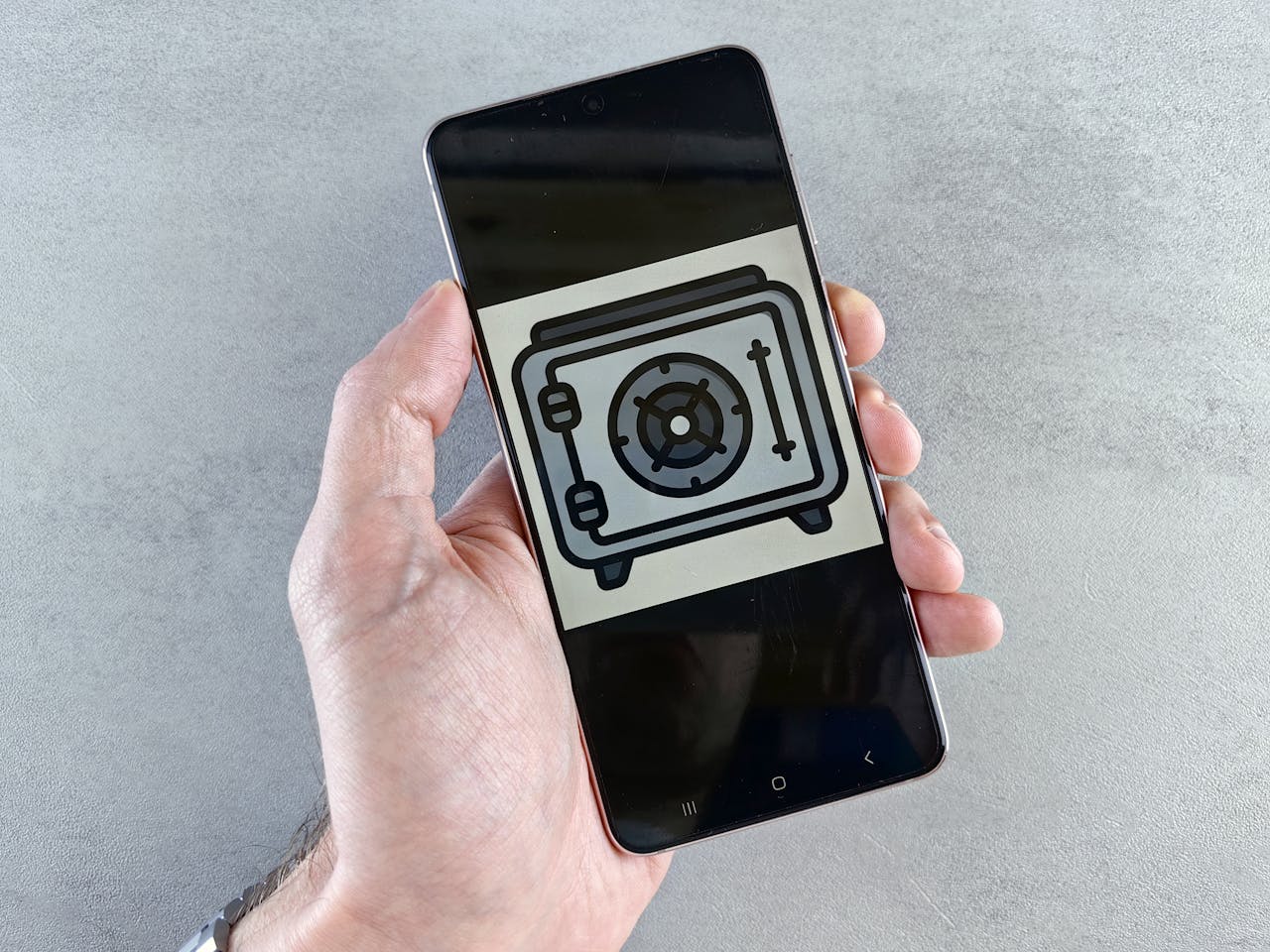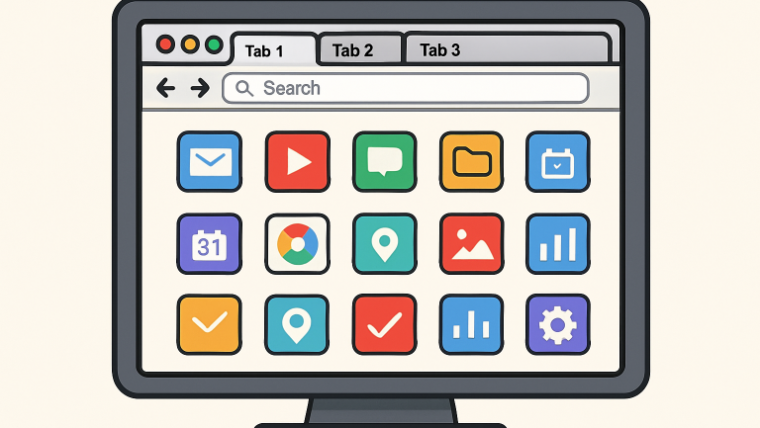Table of Contents
Smartphones are essential tools for the modern age, allowing us to check emails, manage finances, and keep in touch with loved ones. With so much of our personal and financial data stored on these devices, protecting them is more important than ever.
Without proper security measures, hackers and scammers can exploit vulnerabilities to access your information. Here’s some practical advice for keeping your smartphone protected.
Add an Extra Login
A passcode is the first line of defense for your phone, but you shouldn’t stop there. Multi-factor authentication and biometric tools like fingerprint scanning or facial recognition add extra barriers against unauthorized access.
If you prefer passcodes, avoid using a simple 4-digit PIN. Instead, opt for a longer, complex password that combines random letters, numbers, and symbols. It will make it significantly harder for hackers or thieves to guess. The stronger your login security, the less likely someone is to break into your device and access sensitive apps, such as banking or email.
Use a VPN
Public Wi-Fi is convenient, but it’s also a common entry point for cybercriminals trying to intercept your private data. A VPN (Virtual Private Network) encrypts your Wi-Fi connection, masking your online activity and ensuring you can browse or log into accounts without worrying about prying eyes.
Installing a VPN for iPhone is valuable if you often use your phone in airports, hotels, or coffee shops. Not only does it protect personal details like photos and passwords, but it also safeguards financial information when making online purchases or accessing mobile banking apps.
Consider Enabling Remote Wipe
Losing your phone is stressful, especially if you’re concerned someone is accessing your private data. Enabling a remote wipe feature gives you the option to erase all your information quickly if your device is lost or stolen.
Both iOS and Android offer built-in remote management tools that allow you to track your phone’s location, lock it, and wipe data entirely if recovery isn’t possible. While it’s a last resort, remote wipe ensures your information doesn’t end up in the wrong hands.
Keep Everything Updated
Software developers regularly release updates that patch vulnerabilities and strengthen security. While it may be tempting to delay updates, you leave your phone exposed to attacks that hackers already know how to exploit.
You should install the latest updates for your device’s operating system as soon as they become available, whether that’s Android or iOS. The same goes for apps, particularly ones that handle sensitive data such as payment or banking apps. Only download apps from trusted sources like the Google Play Store or Apple’s App Store, as downloading from unsecure third-party websites can expose you to malware.



